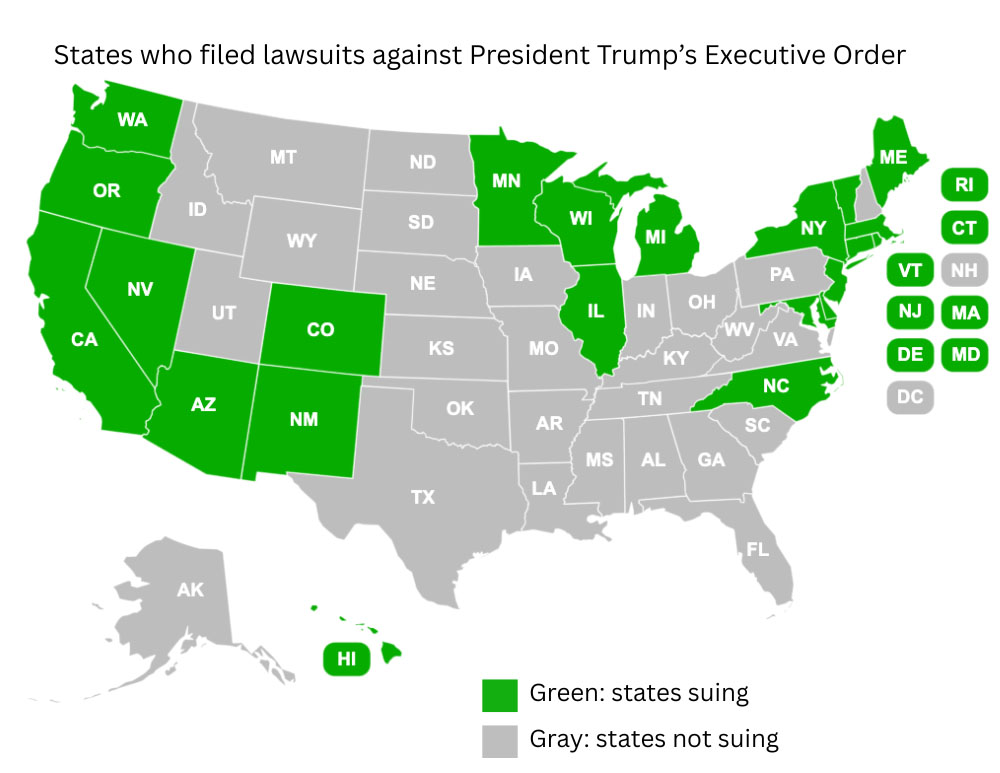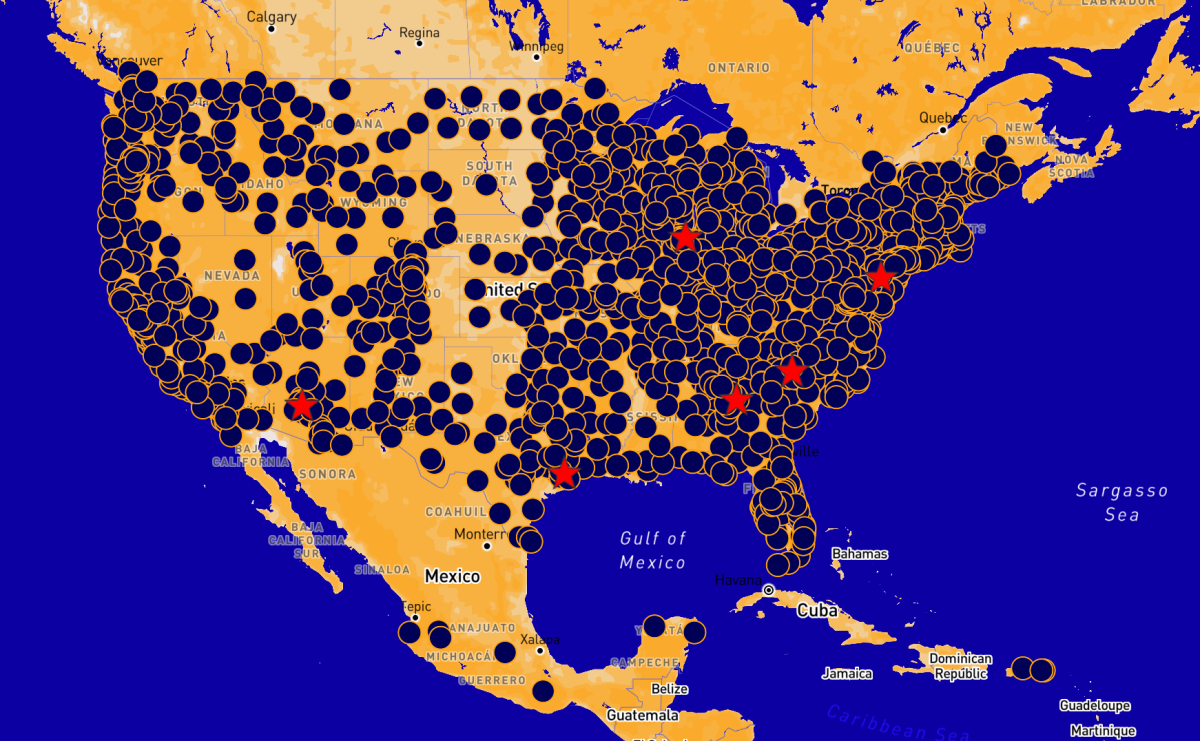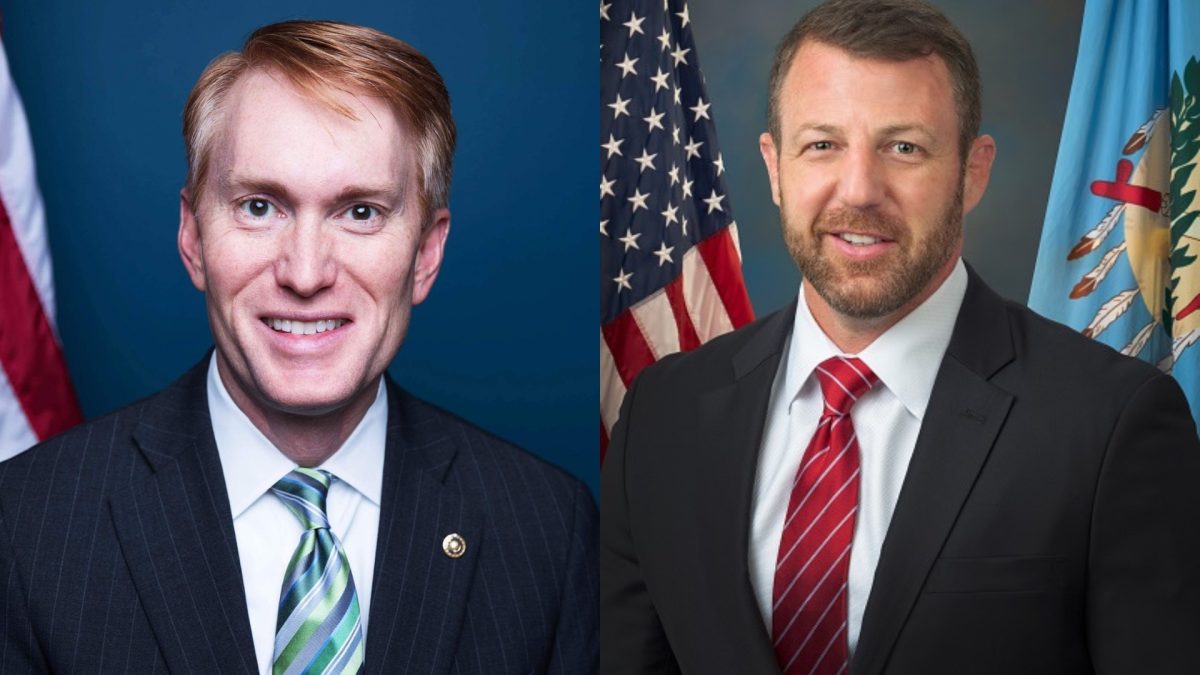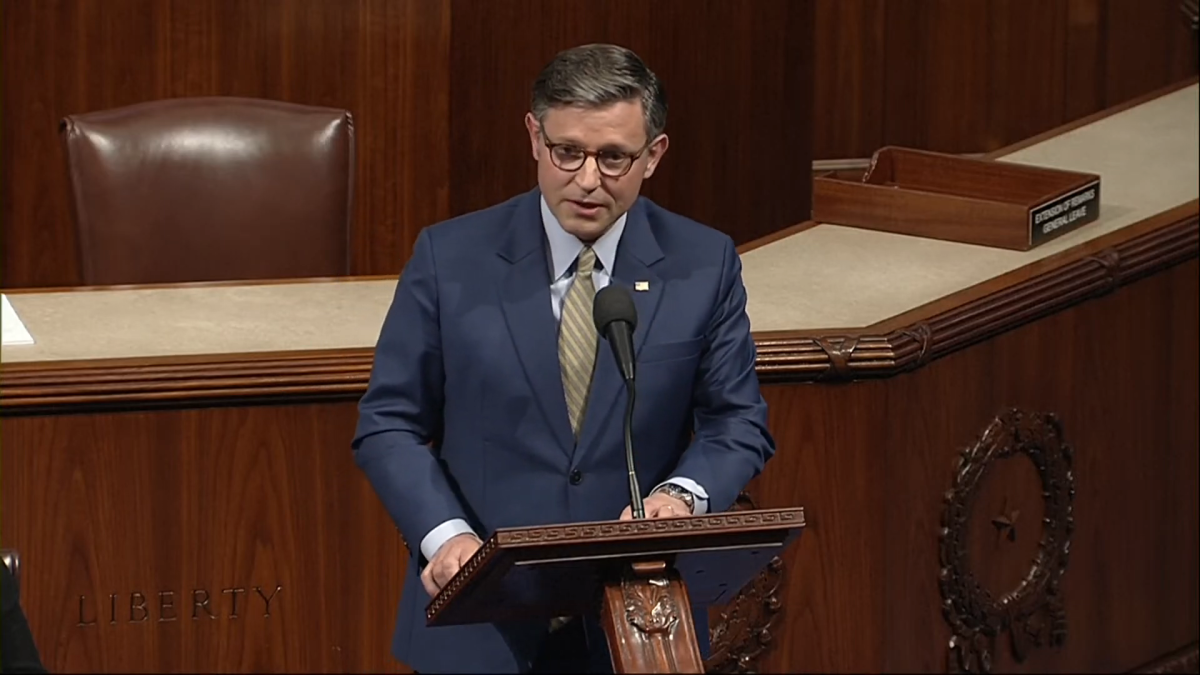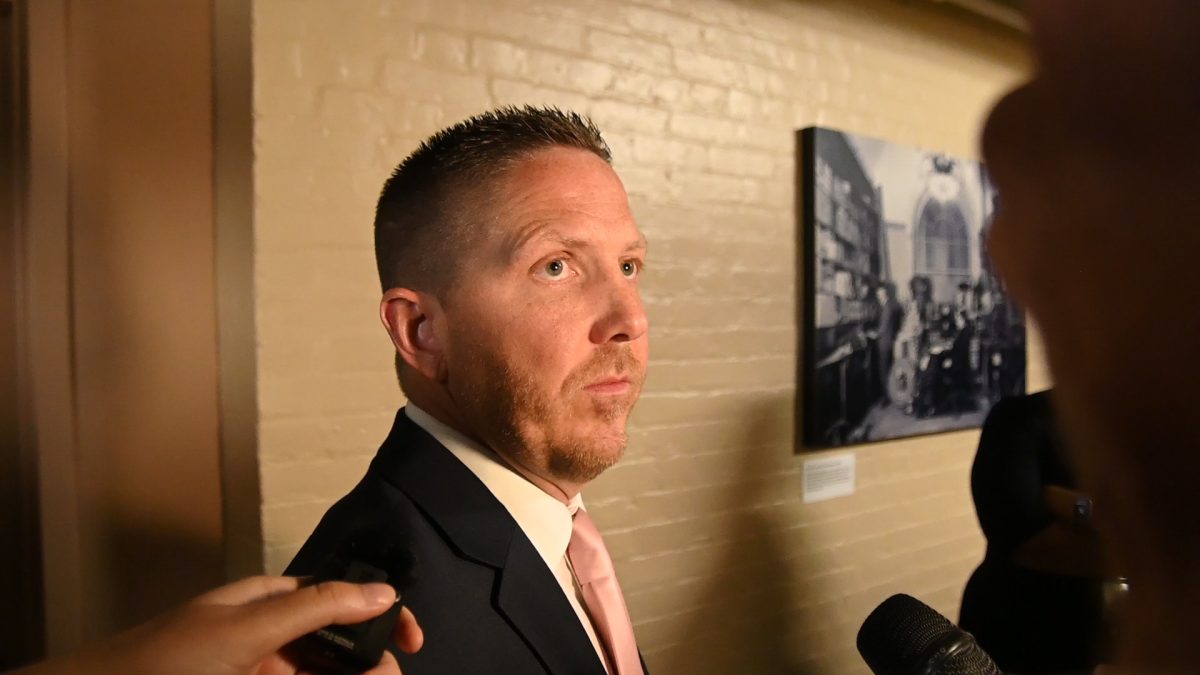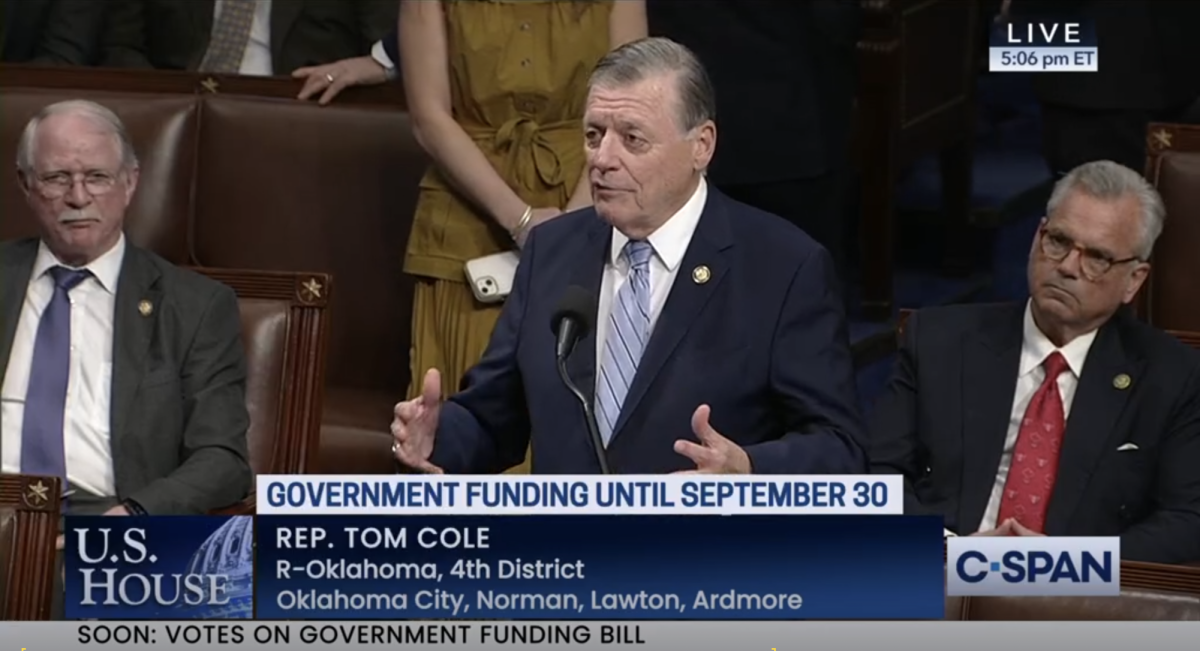WASHINGTON — Oklahoma’s two U.S. senators – Republicans Jim Inhofe and James Lankford – split their votes on a two-year-budget bill that President Trump quickly signed into law, and Inhofe’s provisions on modernizing the McClellan-Kerr Arkansas River Navigation System and authorizing funding for other key projects advanced as part of a huge highway bill.
Approved by a Senate vote of 67 to 28, H.R. 3877, the budget bill would revive the current appropriations process, avoid another government shutdown and severe spending cuts and lift the debt limit. It increases defense spending from $716 billion in the current fiscal year to $740.5 billion in fiscal year 2021 and nondefense spending from $605 billion to $634.5 billion during that same time period.

For Inhofe, the chairman of the Senate Armed Services Committee, the top issue was the significant boost in spending for national defense.
“Passing this defense budget deal is the right thing to do –- for our troops, for our veterans and for the American people,” he said. “Providing sufficient funding for our military and eliminating the threat of sequestration for good are absolutely necessary for our military to have the budgetary stability and predictability they so desperately need.”
For Lankford, the main issue was the increase in spending and suspending the nation’s debt limit.
“At $22 trillion in debt, even the most conservative of budget proposals include debt ceiling increases, but those moments must be used to confront the serious fiscal challenges facing our nation’s future,” he said.
“We should have pursued a plan that includes a long-term proposal to address both our immediate fiscal challenges and a plan that ultimately consists of a way to pay down the debt increases.”
Trump tweeted his response to such claims coming from his own party.
“Budget Deal is phenomenal for our Great Military, our Vets, and Jobs, Jobs, Jobs! Two year deal gets us past the Election,” he tweeted. “Go for it Republicans, there is always plenty of time to CUT!”
Senate joins House in annual August recess
The Senate vote on the budget agreement was the last roll call for the month as senators joined members of the House for their annual August Recess.
Both chambers are scheduled to be out of session until after Labor Day. Once the appropriations process for fiscal year 2020 gets back on track in September, one closely watched factor will be how the new budget figures will be applied to specific programs within agencies.
Trump promotes largest transportation act in history
Trump also used Twitter to promote the $287-billion, five-year S. 2302, “America’s Transportation Infrastructure Act of 2019,” that came out of the Senate Environment and Public Works Committee on a 21-0.
“Do I hear the beautiful word, BIPARTISAN?” the president tweeted. “Get it done. I am with you!
Inhofe described the bill’s $4.2 billion for Oklahoma as the “largest amount of funding provided for highway reauthorization legislation in history.”
According to the information provided by the senator’s office, the bill would make funding available for key projects such as Interstate 44/U.S. 75 in Tulsa; Interstate 40/Interstate 44, Oklahoma City; U.S. 270, Woodward; U.S. 81, Chickasha.
Inhofe promoted his provisions to amend existing freight programs to allow Oklahoma flexibility to modernize the McClellan-Kerr navigation system and apply for grants designed for projects of regional importance.
Despite the unanimous vote in the committee, a significant challenge remains on exactly how Congress will come up with the money to fund the bill.
Outside groups, including pro-business business organizations, have been pushing for an increase in the fuel tax, a traditional go-to source that has not been hiked since the 1990s, but key lawmakers have not endorsed that idea.
So far, indexing that tax to inflation and eliminating exemptions on electric cars have generated interest, but even supporters concede that approach will not generate the type of money fast enough to fund such a huge bill.
Many have cited the lack of a funding source as the main reason Trump’s campaign promise of a trillion-dollar infrastructure package has failed to gain traction.
The existing highway act does not expire for more than a year, and the House is not expected to advance its bill for several months.
At a recent State Leadership Day held by the White House, a group of county, city and tribal officials from Oklahoma and four other states heard remarks from Vice President Mike Pence, and a small group of them met with President Trump.
Grant County Commissioner Cindy Bobbitt was one of those invited into the Oval Office meeting.
Bobbitt said transportation was the top issue she raised during her brief comments to Trump, adding she also thanked him for his administration’s on-going efforts to replace the Obama-era Waters of the United States regulation, which has been the subject of multiple legal challenges and remains unpopular among farmers and local and state officials.
“This administration wants to work with our counties,” said Bobbitt, a Republican. “We are at the table, and they are listening to us.”
According to the agenda provided by the White House, other states represented at the meeting, one of several held by the administration, included Iowa, Kansas, Missouri and Nebraska. Topics included disaster recovery and infrastructure.

